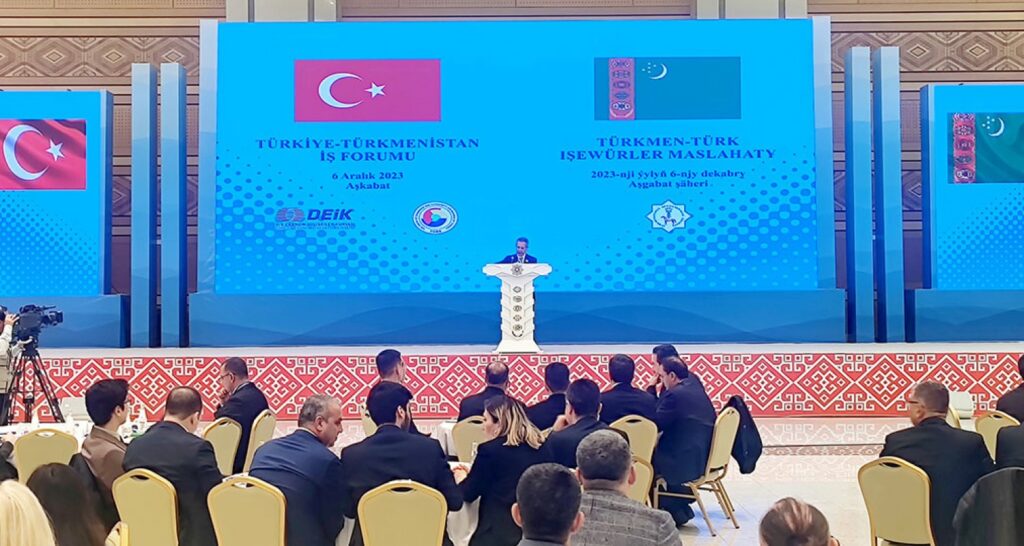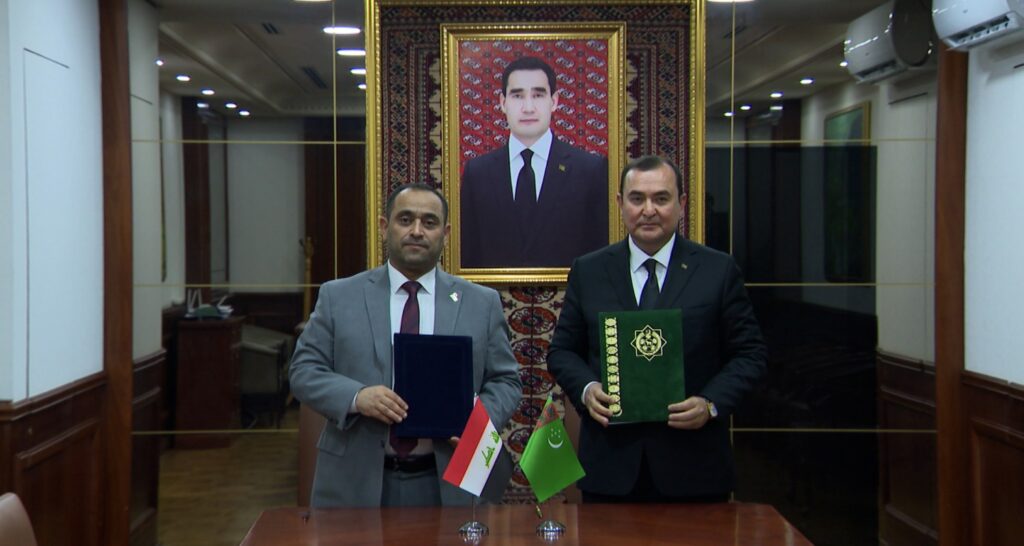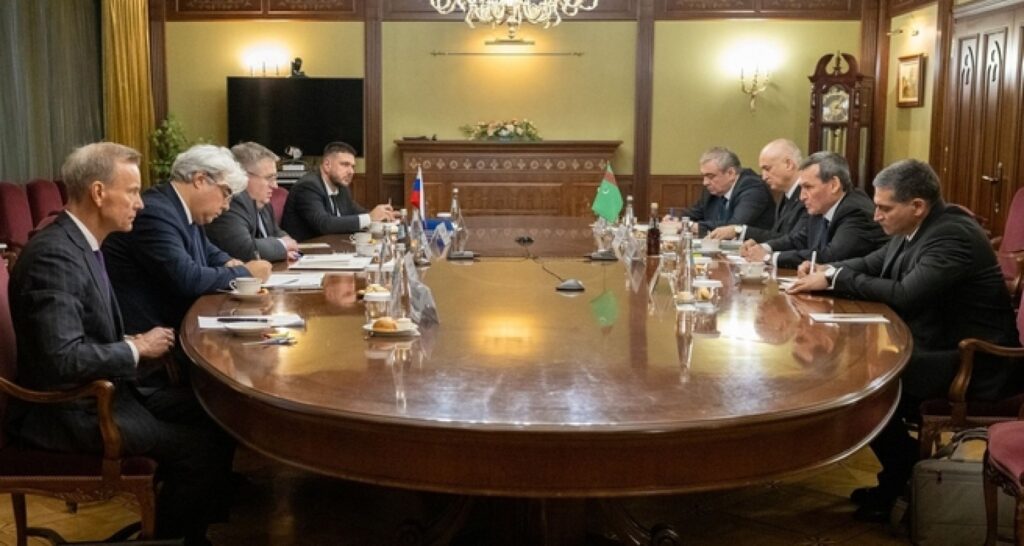EU Ready to Develop Cooperation with Turkmenistan
The European Union is ready to further develop cooperation with Turkmenistan, said EU Ambassador, Beata Peksa, on the sidelines of the Ashgabat forum, Dialogue - a guarantee of Peace. In her interview with the Neutral Turkmenistan newspaper, Peksa stated that “December 12th is a very important day in the history of Turkmenistan and the entire world community. This is clearly confirmed by the exhibition and forum, which gathered in Ashgabat a wide representation of participants from different countries, international and regional organizations. It is gratifying to note that, having the status of neutrality, Turkmenistan does not withdraw from world processes, but on the contrary, actively participates in international relations, is an active member of the United Nations… Turkmenistan's initiatives, including the Dialogue – a guarantee of Peace, give impetus to the development of cooperation between the countries in our difficult times, and promote humanistic values. “As the Ambassador of the European Union and on behalf of EU members, France and Italy, who together with us represent a single exposition at the exhibition, I want to congratulate the government and the entire Turkmen people on the International Day of Neutrality and assure them that the European Union is ready to further develop cooperation with Turkmenistan. May peace and prosperity accompany your country," she said. The Ashgabat forum, Dialogue – a guarantee of Peace, brought together representatives of diplomatic missions, international and regional organizations, reputable international experts, as well as Turkmen scientists, political scientists, heads of the mass media, higher educational institutions, and university students.








